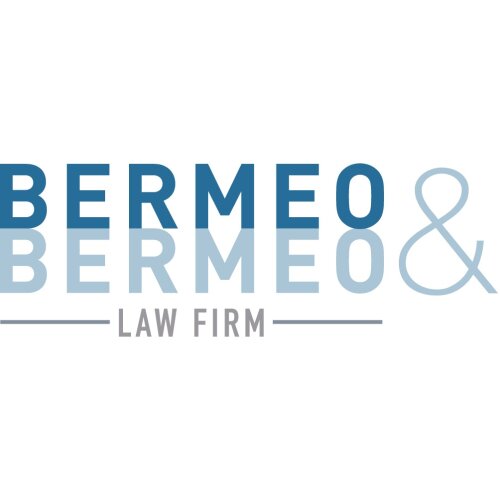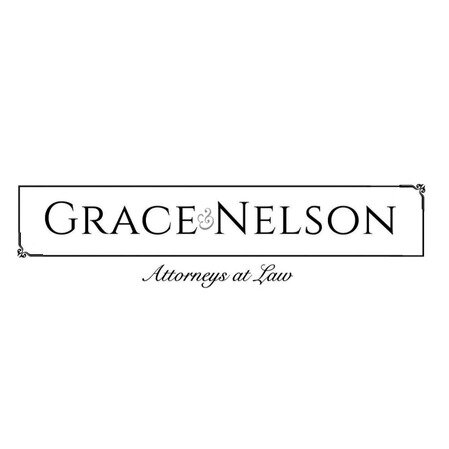Best Water Law Lawyers in Ecuador
Share your needs with us, get contacted by law firms.
Free. Takes 2 min.
Or refine your search by selecting a city:
List of the best lawyers in Ecuador
About Water Law in Ecuador
Water Law in Ecuador refers to the set of legal regulations that govern the use, management, conservation, and distribution of water resources throughout the country. Ecuador has recognized water as a fundamental human right and considers it a strategic resource for life, the economy, and the environment. The legal framework is established primarily by the 2008 Constitution and the Ley Orgánica de Recursos Hídricos, Usos y Aprovechamiento del Agua, known as the Water Law of 2014. These regulations define how water resources must be used equitably, ensuring public participation and sustainability.
Why You May Need a Lawyer
There are several situations where you may need the assistance of a lawyer who specializes in Water Law in Ecuador. These include:
- Applying for water use and exploitation rights for agricultural, industrial, or household use
- Resolving disputes over water concessions, allocation, or boundaries with neighbors or other users
- Dealing with penalties or sanctions for alleged illegal water use or environmental violations
- Negotiating with local or national governments on water rights, tariffs, or infrastructure projects
- Participating in community water management organizations or local water boards (Juntas de Agua)
- Ensuring compliance with environmental impact assessments for projects that use or affect water resources
- Defending indigenous or community rights to ancestral water sources
A lawyer can help interpret complex regulations, represent your interests, and guide you through administrative or judicial procedures regarding water rights and management.
Local Laws Overview
Ecuadorian Water Law features several important elements that everyone should know:
- Public Ownership: All water belongs to the state, which administers it for public benefit. Private ownership of water is not allowed, but use rights can be granted.
- Right to Water: Every person has the right to access safe, clean, and sufficient water for daily needs. The state must guarantee this right.
- Prioritization: The law prioritizes water use for human consumption and ecological protection over other uses like agriculture or industry.
- Water Permits: Individuals or entities that wish to use water for larger scale commercial, farming, or industrial purposes must obtain a concession (authorization) from the National Water Authority (SENAGUA).
- Community Water Boards: Local groups known as Juntas de Agua often manage rural or communal supply systems and must operate within the legal framework, ensuring democratic participation.
- Environmental Protections: Any use or modification of water sources must comply with environmental regulations including securing permits and conducting environmental impact assessments when required.
- Punishments and Sanctions: Unlawful use, contamination, or abuse of water sources can lead to administrative fines, criminal charges, and revocation of water rights.
Frequently Asked Questions
What is the main law that regulates water in Ecuador?
The main law is the Ley Orgánica de Recursos Hídricos, Usos y Aprovechamiento del Agua. It organizes how water is used, who can use it, and how it must be protected.
Is water a public or private resource in Ecuador?
All water is publicly owned by the state. Individuals and companies can receive rights to use water, but cannot own water itself.
How can I get legal permission to use water for farming or business?
You must apply for a water use concession from the National Water Authority (SENAGUA). This process includes submitting documentation, technical studies, and may require an environmental assessment.
Can I lose my right to use water?
Yes. If you misuse the water, exceed your allocation, pollute the source, or violate legal responsibilities, the state can suspend or revoke your water use rights.
What should I do if my neighbor is illegally diverting or polluting water?
You can file a complaint with the National Water Authority (SENAGUA) or local authorities. A lawyer can help you gather evidence and represent your case in administrative or judicial proceedings.
What kind of penalties exist for breaking Water Law in Ecuador?
Penalties include fines, temporary or permanent suspension of water use rights, and in severe cases, criminal prosecution for environmental crimes.
Who manages water systems in rural communities?
Most rural water systems are managed by local water boards (Juntas de Agua), made up of community members operating under the supervision of government agencies.
How are conflicts over water resolved?
There are administrative processes at SENAGUA for resolving water disputes. If no agreement is found, the issue may go to court or to other forms of dispute resolution.
Are environmental assessments required for all projects?
Projects that could impact water sources or ecosystems require an environmental impact assessment and must secure authorization from the Ministry of Environment and Water.
Does the law protect indigenous peoples' water rights?
Yes. The Constitution and Water Law recognize the special rights of indigenous, Afro-Ecuadorian, and campesino communities to ancestral water sources, requiring free and informed consultation before any project that might affect their resources.
Additional Resources
If you need more information or assistance regarding Water Law in Ecuador, the following resources are useful:
- Senagua: The National Water Authority, responsible for granting permissions, managing disputes, and overseeing water use nationally.
- Ministry of Environment and Water: Handles environmental permits, assessments, and protection of ecological water bodies.
- Juntas de Agua: Community or rural water boards managing local distribution and maintenance; often a first point of local assistance.
- Universities and Legal Aid Clinics: Some universities provide legal clinics or research centers specializing in environmental and water law issues.
- Public Defender's Office (Defensoría del Pueblo): Offers legal assistance in cases involving violation of water rights.
Next Steps
If you believe your situation requires legal assistance regarding Water Law in Ecuador, here are some recommended steps:
- Identify your specific issue or objective regarding water use, management, or dispute.
- Gather any relevant documentation - permits, correspondence, technical reports, or evidence of the problem.
- Contact the relevant authority for initial guidance - SENAGUA, the local Junta de Agua, or the Ministry of Environment and Water.
- Consult with a lawyer who specializes in Water Law and environmental matters.
- If your case involves a community or indigenous rights, involve local leadership and ensure proper community representation.
- Follow legal advice for administrative procedures, permission applications, or dispute resolution as appropriate to your case.
- Keep records of all steps, communications, and documents throughout the process.
Navigating Ecuador's Water Law can be complex. Early legal consultation ensures your rights and interests are protected while helping you comply with local laws and regulations.
Lawzana helps you find the best lawyers and law firms in Ecuador through a curated and pre-screened list of qualified legal professionals. Our platform offers rankings and detailed profiles of attorneys and law firms, allowing you to compare based on practice areas, including Water Law, experience, and client feedback.
Each profile includes a description of the firm's areas of practice, client reviews, team members and partners, year of establishment, spoken languages, office locations, contact information, social media presence, and any published articles or resources. Most firms on our platform speak English and are experienced in both local and international legal matters.
Get a quote from top-rated law firms in Ecuador — quickly, securely, and without unnecessary hassle.
Disclaimer:
The information provided on this page is for general informational purposes only and does not constitute legal advice. While we strive to ensure the accuracy and relevance of the content, legal information may change over time, and interpretations of the law can vary. You should always consult with a qualified legal professional for advice specific to your situation.
We disclaim all liability for actions taken or not taken based on the content of this page. If you believe any information is incorrect or outdated, please contact us, and we will review and update it where appropriate.
Browse water law law firms by city in Ecuador
Refine your search by selecting a city.















